作者: 发布时间:2025-04-14 来源:DIPLOMATIC ACADEMY OF VIETNAM+收藏本文
2025年4月10日下午,越南外交学院(DAV)、康拉德·阿登纳基金会(KAS)越南分会等机构在越南首都河内联合举办了题为“解读中国人工智能发展”(Decoding China’s Artificial Intelligence Development)的第25届“中国对话”论坛(China Talk 25)。来自越南政府部门、科研机构、各国驻河内大使馆代表以及国际科技和国际关系领域的专家出席了此次活动。
复旦大学发展研究院副研究员姚旭博士受邀参加,围绕“Reasons Behind the Rapid Development of AI in China and Its Contributions to Future Global Technology Trends”发表主旨演讲,概述了中国的人工智能生态系统建设中充满活力的初创企业、大型科技企业以及有针对性的保障政策分别发挥的作用,强调数据、算力和人才培养基础以及在人工智能等新兴科技领域进一步探索“以监管促创新”的重要性,提出全球南方国家进一步协作推动人工智能全球治理新框架的可行路径,并和现场专家进行深入交流讨论。
以下为越南外交学院官网新闻报道全文:
On the afternoon of April 10, 2025, the Diplomatic Academy of Viet Nam (DAV) successfully hosted China Talk 25, titled “Decoding China’s Artificial Intelligence Development.” The event welcomed the participation of numerous delegates from government agencies, research institutions, representatives of Embassies in Hanoi, as well as Vietnamese and international experts in the fields of technology and international relations. China Talk 25 was jointly organized by the Diplomatic Academy of Viet Nam, the Konrad Adenauer Stiftung (KAS) in Vietnam, and the Foundation for East Sea Studies (FESS).
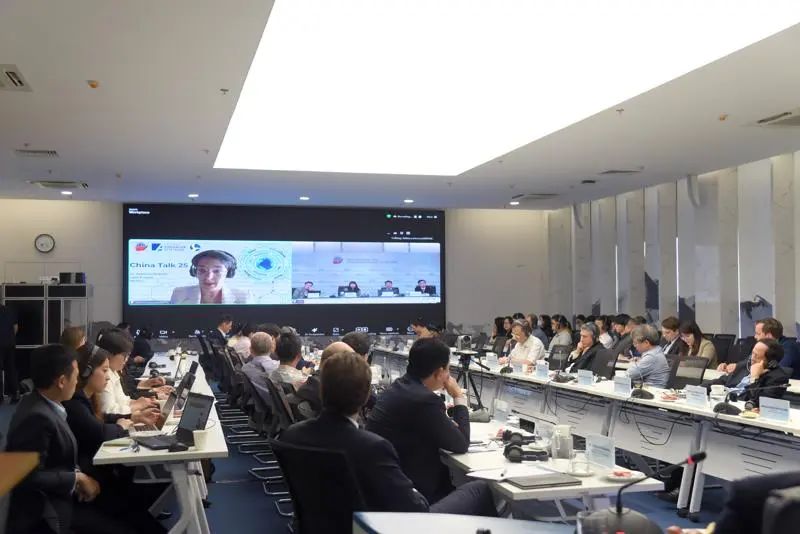
In their opening remarks, Assoc. Prof. Dr. Nguyen Thi Lan Anh, DAV Vice President, Director-General of the East Sea Institute, and Mr. Florian Feyerabend, Resident Representative of KAS Vietnam, underscored the strategic relevance of the China Talk 25’s topic. Artificial intelligence (AI) has emerged as a transformative force, reshaping not only the global technological landscape but also national development strategies. In this context, China's rapid AI advancements present significant strategic implications for countries around the world.
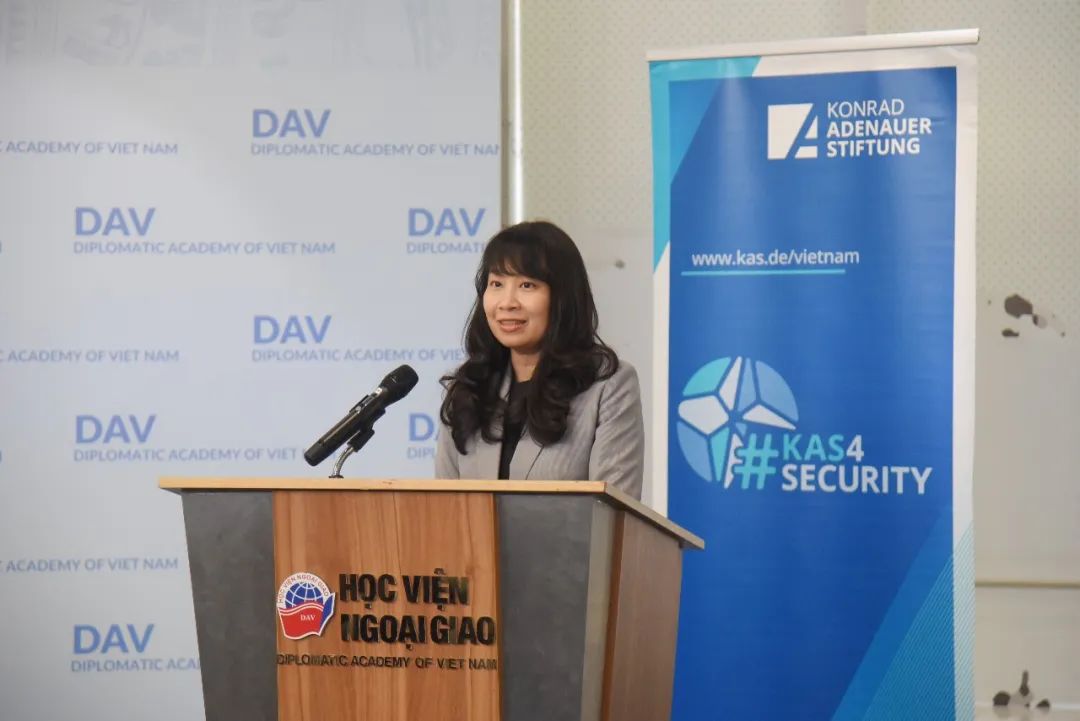
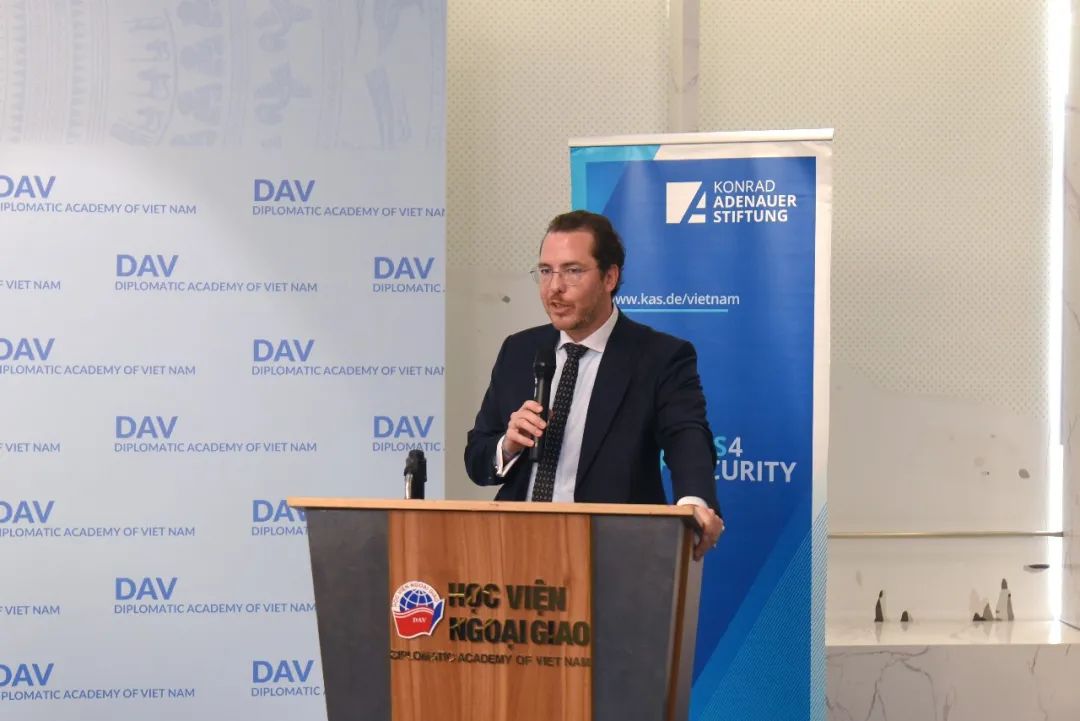
The conference featured two keynote speakers: Dr. Yao Xu (Fudan Development Institute, Fudan University), joining in person, and Dr. Rebecca Arcesati (Lead Analyst, Mercator Institute for China Studies – MERICS, Germany), who participated virtually. Together, they provided a comprehensive overview of China’s AI ecosystem, examining the roles of dynamic startups, major tech conglomerates, and robust local government support policies. Their presentations also analyzed the key pillars driving China’s breakthroughs in AI, while discussing the structural challenges and prospects for China’s AI development.
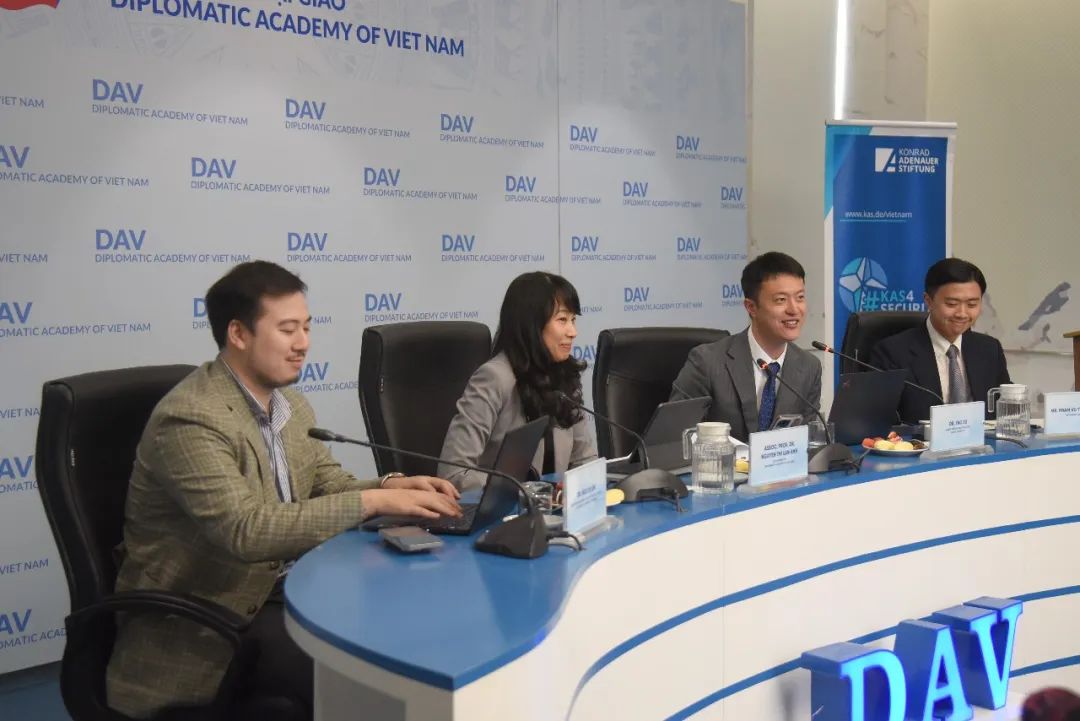
Vietnamese experts in technology and international relations joined the discussion as commentators, raising critical questions regarding the sustainability of the DeepSeek model, the role of the Chinese government in steering AI development, the proactive engagement of subnational governments, and lessons Vietnam could draw in building its own science and technology capabilities.
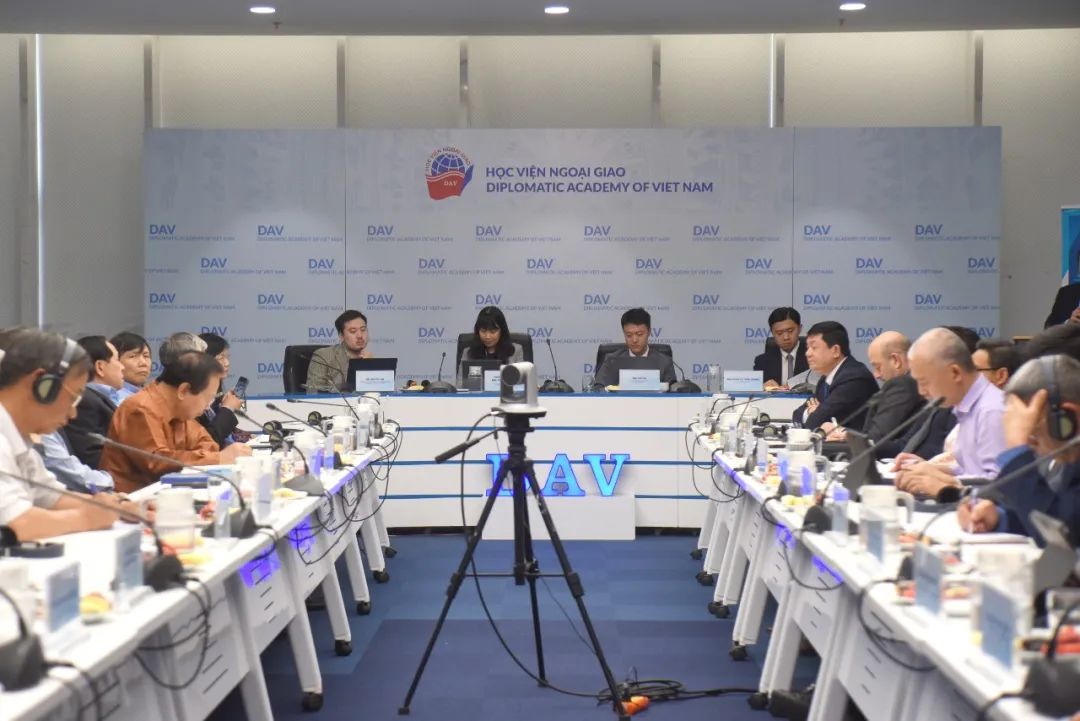
China Talk has been a flagship academic series co-organized by DAV and KAS since 2015, playing a pioneering role in fostering research and exchanges on China. Over the years, it has contributed meaningfully to policy making and promoted a deeper, more nuanced understanding of China’s foreign policy.
China Talk 25 offered a multidimensional and in-depth analysis of China's AI development, while encouraging further academic dialogue on artificial intelligence in Vietnam.